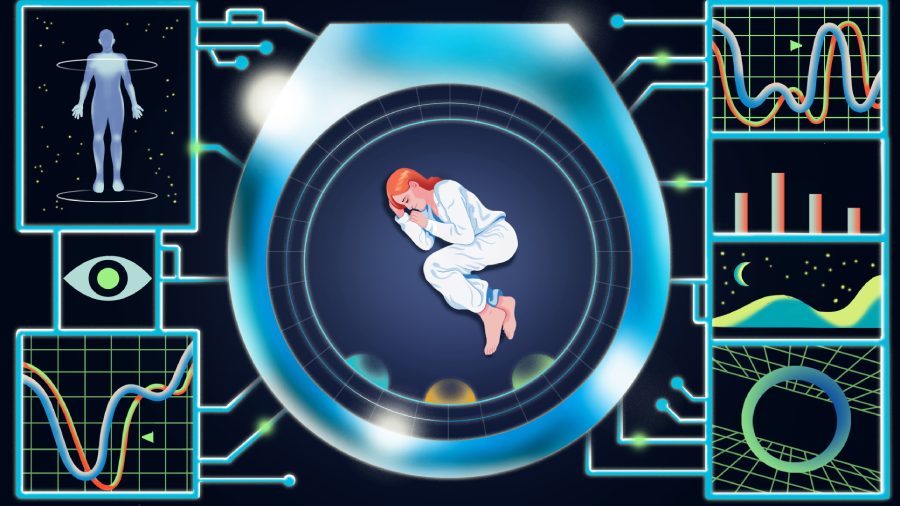In the coronavirus era, we’re all concerned about our well-being. So wearable computers with tiny sensors that offer insight into our health seem particularly useful.
One such gadget is the third-generation Oura Ring, a tiny $300 health-monitoring device worn on a finger as if it were a piece of jewellery.
The ring offers the unique ability to measure minute changes in body temperature to help women accurately predict their menstrual cycles and potentially detect when a person is getting sick. That might even reveal early symptoms of Covid-19, the company has said.
Despite all the hype, I’m disappointed to report after two weeks of wearing the ring that it was a letdown. It failed to accurately measure basic data like my footsteps, which raised broader questions about my general health data.
For a second opinion, I turned to Dr Ethan Weiss, a cardiologist at the University of California, San Francisco, US, who owns an older version of the Oura Ring . “It didn’t give me anything I could use to help me,” Weiss said. “A lot of these technologies are looking for problems to solve. This is one of them.”
Getting started is a multistep process. First, you order a free sizing kit from the company’s website to measure your finger. Then you tell the company your size. When the ring arrives, you place it on a dock to charge it and sync it with a smartphone app. Once worn, it takes two weeks for the software to calculate the baseline of your health data and make estimates.
After Week 1 of testing, something unusual came up. A relative needed help with an emergency, so I hopped on my motorcycle and rode 50 miles to his house. Back home, the app said I had walked 20 miles.
Customers complained about this issue last year with the ring’s previous version. The company had responded that it falsely detected “excess motion” from motorcycling as a fitness activity, and it suggested removing it while riding a motorcycle.
Chris Becherer, Oura Health’s head of product, said they were aware of the problem and researching a fix. In the meantime, he said, I could go back and delete workouts to inform the app that I wasn’t walking.
This didn’t work. The app had permanently recorded my movements as walking, and the data could not be purged. I ride motorcycles regularly, including for errands around town, so that meant nearly a week of activity data was ruined.
For comparison, I also wore an Apple Watch while testing the Oura. Even after my 100-mile trip, the Apple Watch correctly reported that I had walked only about a mile and had not exercised much that day.
Some aspects of the Oura are interesting. The battery lasts about seven days, much longer than other devices. That longer charge means the ring can stay on your body longer, which enables it to collect more data about you over time, including detailed information about your heart rate and sleep.
Each day, the app tallies up those various measurements to calculate a “readiness” score. A high readiness score indicates you have recovered well from the previous day’s activities. My readiness scores were probably inaccurate in general because of my motorcycle riding — but for nonriders who are athletes, this could be a useful way to determine whether to do a hard workout or to rest for the day.
I also liked the way the Oura app visualised data for sleep. It showed a chart illustrating when I was in different stages of sleep and when I was awake. It also showed my lowest heart rate while asleep — a higher heart rate could be the result of stress or having a late meal. Finally, the app offered advice: when bedtime approached, the software recommended against caffeine and alcohol consumption to get a better night’s slumber.
At the end of the experiment, I asked myself if I actually needed technology to be aware of my habits and health. I didn’t feel that I missed out on anything.
My experiences aside, Oura’s greatest failure is reflected in customer feedback. The second Google search revealed overwhelmingly negative customer reviews for the product. Customers complained about a support team that refused to respond to questions or solve problems.
The upshot: Let’s wait and see if this product improves. For now, there’s a cheaper way to find out if you’re sick with Covid: rapid at-home test kits.











